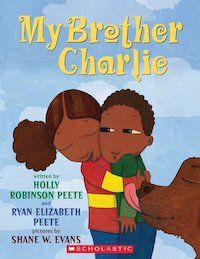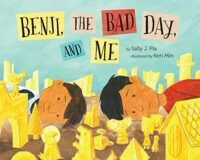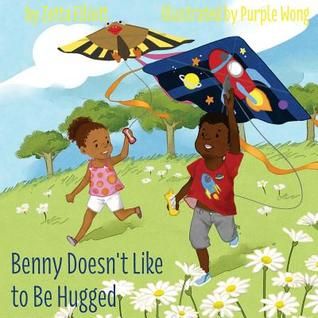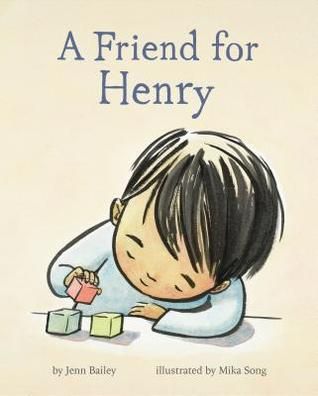I’ve reached the point in my life where I find myself using the phrase “your generation” about people much younger than me more often than I would like to admit. And by much younger, I mean my son’s age. Because my goodness, is the age gap real there. There’s the inability to function without some kind of screen or wifi connection. The fascination with social media and wanting to get one, when in reality it can be kind of exhausting to have a profile there. It also seems that every single person wants to be some kind of influencer, or celebrity, or something that doesn’t require the typical business day. Which, while fair, is wholly unrealistic.
That said, it’s not all bad. There are a lot of things that inspire me about them. Their seemingly endless energy for social justice and righting the wrongs in the world. I know a lot of people sneer at the trend of a young adult being the ‘chosen one’ in all dystopian novels but let’s be honest; between them and me, they have the energy for it. Another thing is how accepting they are of their classmates and peers who are neurodiverse.
As a mother of a child with ASD, this is something that hits home. I think we can all make the statement that, regardless of the generation one may come from, one sentiment rings true; and that is that kids can be cruel. So, the thought of him moving on to middle school was scary. This is especially true for anyone that is in any way different. But this generation seems to be more receptive and understanding of those children who are neurodiverse. Now, of course this isn’t an across the board and there are some outliers. We have had incidents with my own child here and there growing up. But, by and large, it’s nowhere near as many as there would have been during my formative years.
A large part of that is due to how far we’ve come in terms of understanding neurodiversity over time. In the past, the approach to children like this was a blanket one. Now we know that it is a spectrum, hence the name. And, as with anything else, a good way to start this type of acceptance is at preschool or school age with books. It’s at this age that children are more receptive to learning new things. And we have to work on teaching acceptance, of all kinds, if we want the world and society to survive. Below you’ll find just a handful of the wonderful options there to help let your child know about people who may not be neurotypical and how to interact with them.
The Beach is Loud by Samantha Cotterill
Between the sand and the noise, a day at the beach is starting to look like it will be too much for a little boy with sensory issues. Luckily, his dad has some quick thinking to help him overcome this unexpected obstacle and salvage their day. This story is told in a fun and entertaining way with good tips on how to help when these situations come up in real life.

My Brother Charlie by Holly Robinson-Peete, Ryan Elizabeth Peete, and Shane E. Evans
In this book that Robinson-Peete was inspired to write with her daughter based on their real life experiences, Holly tells us about her twin brother Charlie and his autism. What I love about this is the matter of fact way Holly talks about her brother and how he is to us. It’s written in a language that kids speak, which is blunt and to the point, and emphasizes understanding and empathy for those on the Spectrum.
Talking Is Not My Thing by Rose Robbins
While this little girl may not have a lot to say, she has a lot to think! Told from the point of view of a younger sister with nonverbal autism over the course of a busy day, we’re given a great view of how the mind of a nonverbal child may act out. Even when the day gets too noisy and overwhelming, she keeps up a positive attitude that something good may happen soon.

Benji, the Bad Day, and Me by Sally J. Pla and Ken Min
Sammy is having a rough day. Between broken fences, missing out on pizza, and getting rained on, Sammy was not in a good mood. This spirit wasn’t lifted much when he realized his brother Benji had a rough day too. He can’t help but feel a bit jealous that Benji’s play box, his special place to go when he needs to calm down. When his brother figures this out, he begins to think of a plan for helping Sammy feel better.
My Brother with Autism by S. Nadia
When Dave begins to notice the ways his brother Noah is different, he asks his mom about it. That is when she explains to him what autism is and that his brother has it. This is a great book for siblings for when they begin to notice what makes their sibling, older or younger, different and how they can be a great support system for them.

Benny Doesn’t Like to Be Hugged by Zetta Elliot and Purple Wong
This book, told in rhyme, tells us about our narrator’s friend, Benny, and the ways they are the same and different. The narrator doesn’t mind these differences, even when Benny is fussy, because he’s her friend and she accepts him just the way he is. A great way to instill this type of understanding in a young child.
Since We’re Friends by Celeste Shally and David Harrington
Neither Matt nor his friends let Matt’s autism keep them from having fun together. While the way they play may look different to observers, the important part is they’re having fun with each other. This book shows another way to be a good friend and build empathy and understanding for others who are different.

A Friend for Henry by Jen Bailey and Mika Song
In Classroom Six, Henry is on the lookout for a very specific type of friend. He wants one who likes thing in order, like Henry does. The friend also needs to listen, share, and like the things Henry does. But, as the day progresses and gets too loud, he begins to worry that he won’t ever find a friend. Will a friend find him instead?
This is just a small sampling of the available books out there that embrace neurodiversity. I hope that you find some old favorites or new books here to introduce to your library. Let us know over on social media which ones you enjoyed and let us know any that we missed. Until we meet again, happy reading!











